The financial sector in Shanghai will direct more attention to technology innovation and green transitioning, which is part of the city's efforts to advance high-quality economic development, Tao Changsheng, deputy director of Shanghai Municipal Financial Regulatory Bureau said during a press conference on Wednesday.
The 32 measures introduced at the beginning of this year to facilitate the high-quality development of equity investment should be effectively implemented, as they will help to optimize the ecosystem for technology investment, said Tao.
Secondary fund, or S fund, under which investors purchase existing interests or assets from primary private equity fund investors, should seek substantial development in Shanghai as part of the efforts to nurture technology innovation. Meanwhile, tools such as technology innovation-themed special reloans, rediscounts, as well as technology-themed credit and insurance products should be given full play, he said.
Shanghai has made continued efforts to build a multi-layered capital market to nurture technology innovation. The technology-heavy STAR Market launched at the Shanghai Stock Exchange in 2019 had seen successful listing of 566 companies by the end of last year, of which 58 were Shanghai-based.
Meanwhile, the balance of loans provided to technology companies in Shanghai exceeded 1 trillion yuan ($140 billion) by the end of 2023, up 50 percent from the beginning of the year. Over 400,000 insurance policies were provided to the local technology enterprises, which was equal to 3.1 trillion yuan of risk protection, according to Tao.
The green finance service platform launched at the beginning of the year will see its functions further optimized to facilitate the city's low-carbon transformation, he said.
By the end of 2023, the balance of green loans rendered by Shanghai-based financial institutions both in renminbi and foreign currencies reached 1.2 trillion yuan.
The city's ambition in giving a bigger role to the financial sector is built on its ever improving business environment and the maturity of financial infrastructure, according to Tao.
As a home to 1,771 licensed financial institutions, Shanghai has attracted nearly 200 foreign asset managers, accounting for nearly 30 percent of the country's total. More than 500,000 financial professionals are now working in the city.
The total transaction value of various financial trading venues in Shanghai jumped 15.6 percent year-on-year to exceed 866 trillion yuan in the first quarter of 2024. The first-quarter added value of the city's financial industry grew 5.1 percent year-on-year to about 209.7 billion yuan, according to the municipal financial regulator.



















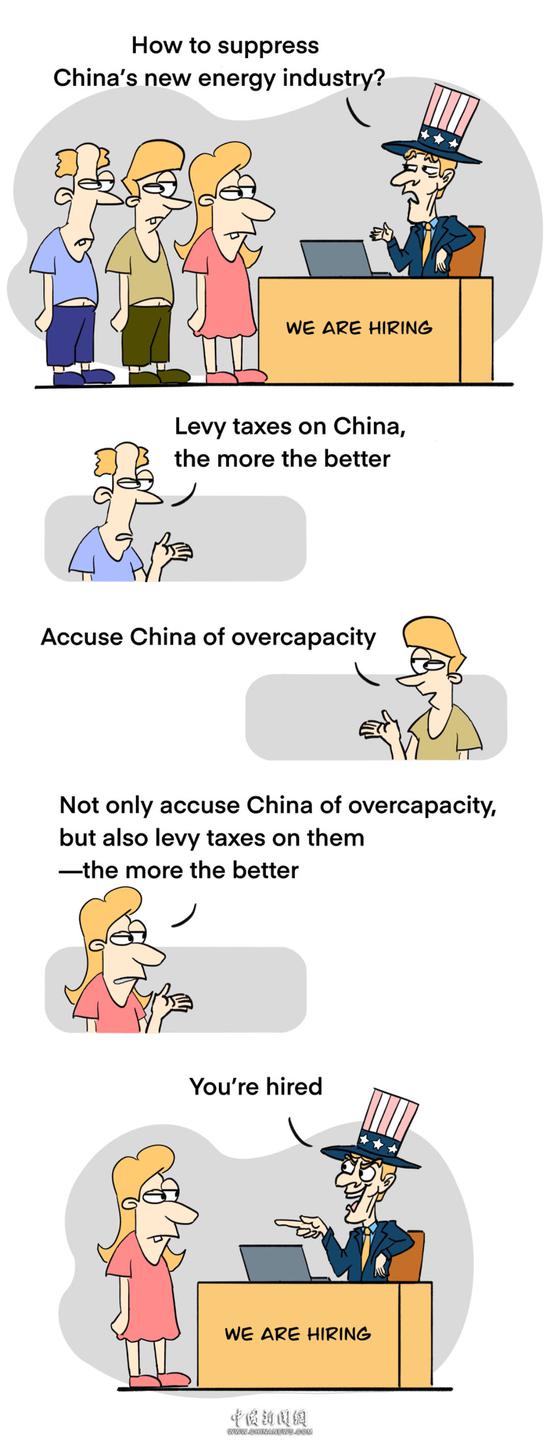




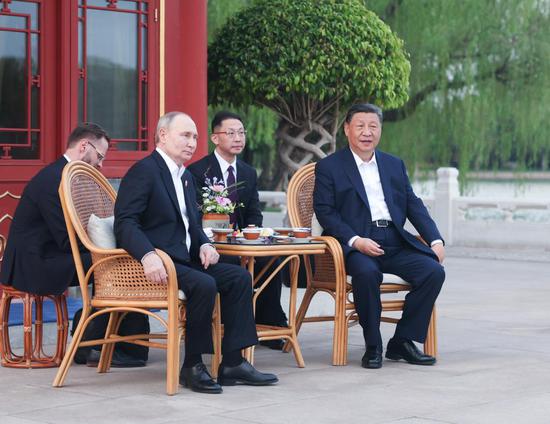
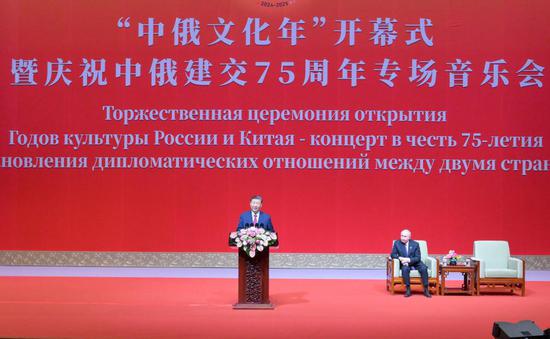
















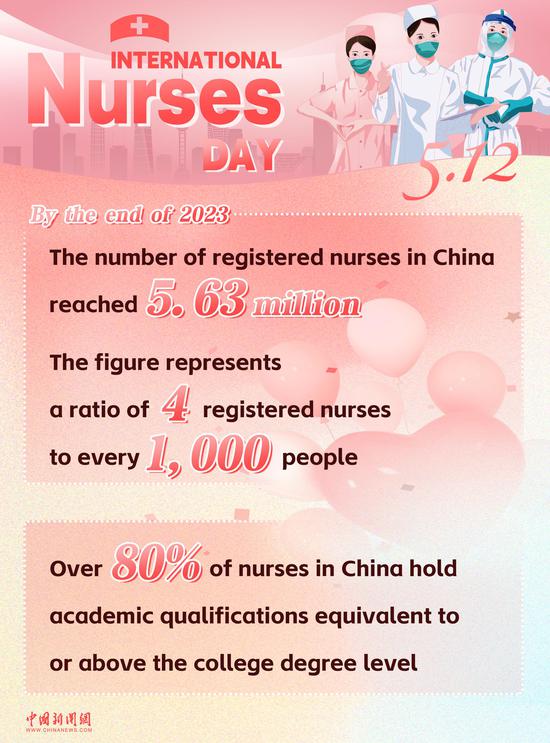

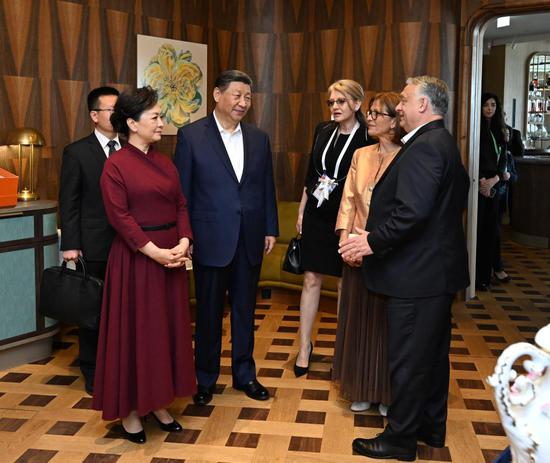





 京公网安备 11010202009201号
京公网安备 11010202009201号